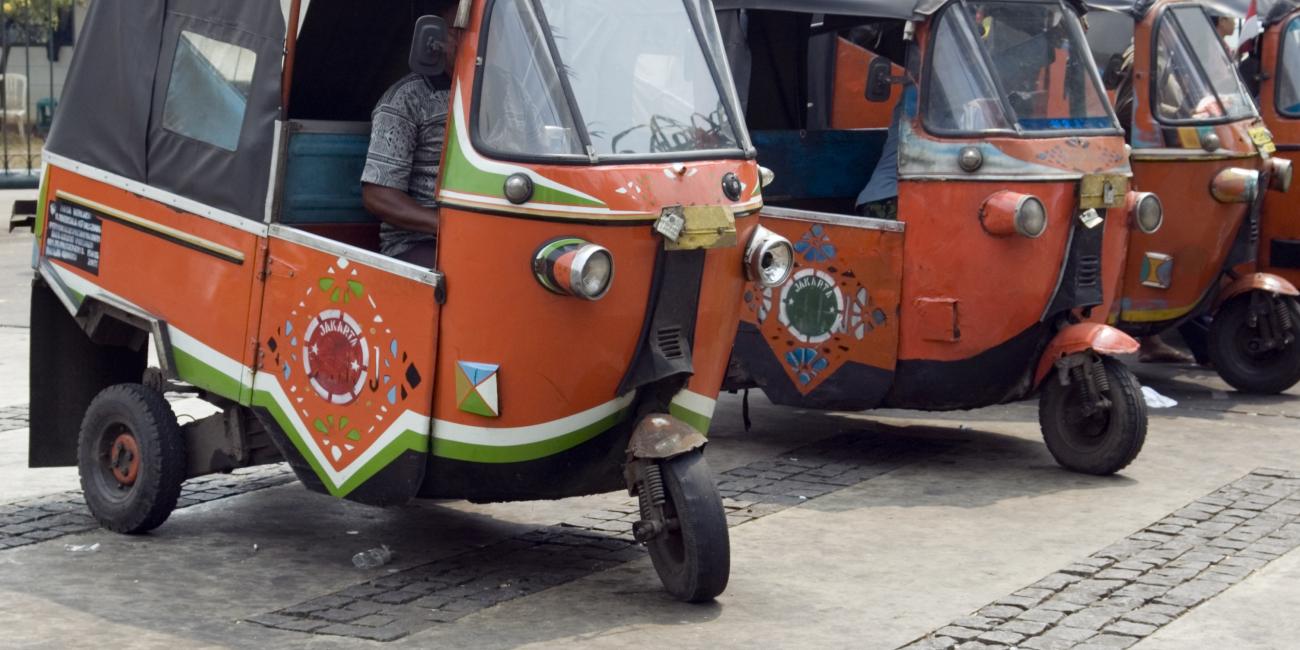
Energy Subsidies in Indonesia
The GSI program of work for Indonesia undertakes research and policy engagement on subsidies for fuel consumers and producers, as well as breaking down barriers to renewable energy and ensuring long-term, sustainable reform processes.
Objectives
- Reduce expenditure on fossil fuel subsidies that promote unsustainable environmental and social impacts
- Reform subsidies to level the playing field for clean energy
- Improve the fair social distribution of subsidy expenditure
- Build a greater understanding of the negative health impacts of fossil fuels, and how these are exacerbated by fossil fuel subsidies
Collaborations
In carrying forward this work, the Global Subsidies Initiative has collaborated with a number of organizations, including Tim Nasional Percepatan Penanggulangan Kemiskinan, Universitas Gadjah Mada, European Climate Foundation, ENERGIA, and the Embassies of Denmark and Sweden.
September 9, 2016
|
Indonesia has a longstanding relationship with energy subsidies. For more than 40 years, these subsidies have been part of the lives of millions of Indonesians every day. For good and bad.
Commentary: Indonesia Approves Revised 2016 Budget: Subsidy update
July 26, 2016
|
Lucky Lontoh
,
Lasse Toft
On 28 June, Indonesia’s government and parliament reached consensus on the revised state budget for 2016. The budget is an important indicator for Indonesia’s subsidies to fossil fuels in the year ahead. This blog provides an overview.
News: Indonesia News Briefing June 2016
June 15, 2016
|
Lasse Toft
,
Lucky Lontoh
,
Joni Jupesta
As part of its work on energy policy and sustainable development in Indonesia, the Global Subsidies Initiative publishes a regular briefing on issues related to energy subsidies.
Commentary: What Can You Afford in a Year Without Fuel Subsidies? Financing Development with the Reallocation of Indonesia’s Gasoline and Diesel Subsidies
June 13, 2016
|
Christopher Beaton
For a long time, the international community has talked about the benefits that can be created by removing wasteful fossil-fuel subsidies and freeing up expenditure for more worthwhile things—but little analysis has looked at how this works out in practice.
In large part, this is because so few countries, including among the G-20, have implemented ambitious and successful reforms.
Reports: Financing Development With Fossil Fuel Subsidies: The reallocation of Indonesia's gasoline and diesel subsidies in 2015
At the very end of December 2014, Indonesia introduced major reforms to its fossil fuel subsidies, removing subsidies to gasoline (except for distribution costs outside of the central islands of Java, Bali and Madura) and introducing a “fixed” subsidy of IDR 1,000 per litre for diesel.
This study investigates two central questions: Where were these savings reallocated?
Reports: Supporting Energy Pricing Reform and Carbon Pricing Policies Through Crediting
This study examines the role that policy crediting might play in increasing the mitigation impact of energy pricing reform and carbon pricing policies (pricing reform).
News: Indonesia News Briefing April 2016
April 8, 2016
|
Lasse Toft
,
Lucky Lontoh
As part of its work on energy policy and sustainable development in Indonesia, the Global Subsidies Initiative publishes a regular briefing on issues related to energy subsidies.
Reports: International Experiences With LPG Subsidy Reform
February 9, 2016
With diesel and gasoline reforms implemented in early 2015, the Government of Indonesia is now turning its focus toward liquefied petroleum gas (LPG) subsidies.
This report investigates international experience and best practices on how to reform LPG subsidies, with a focus on countries’ efforts to ensure that energy access is not compromised by higher LPG prices.
